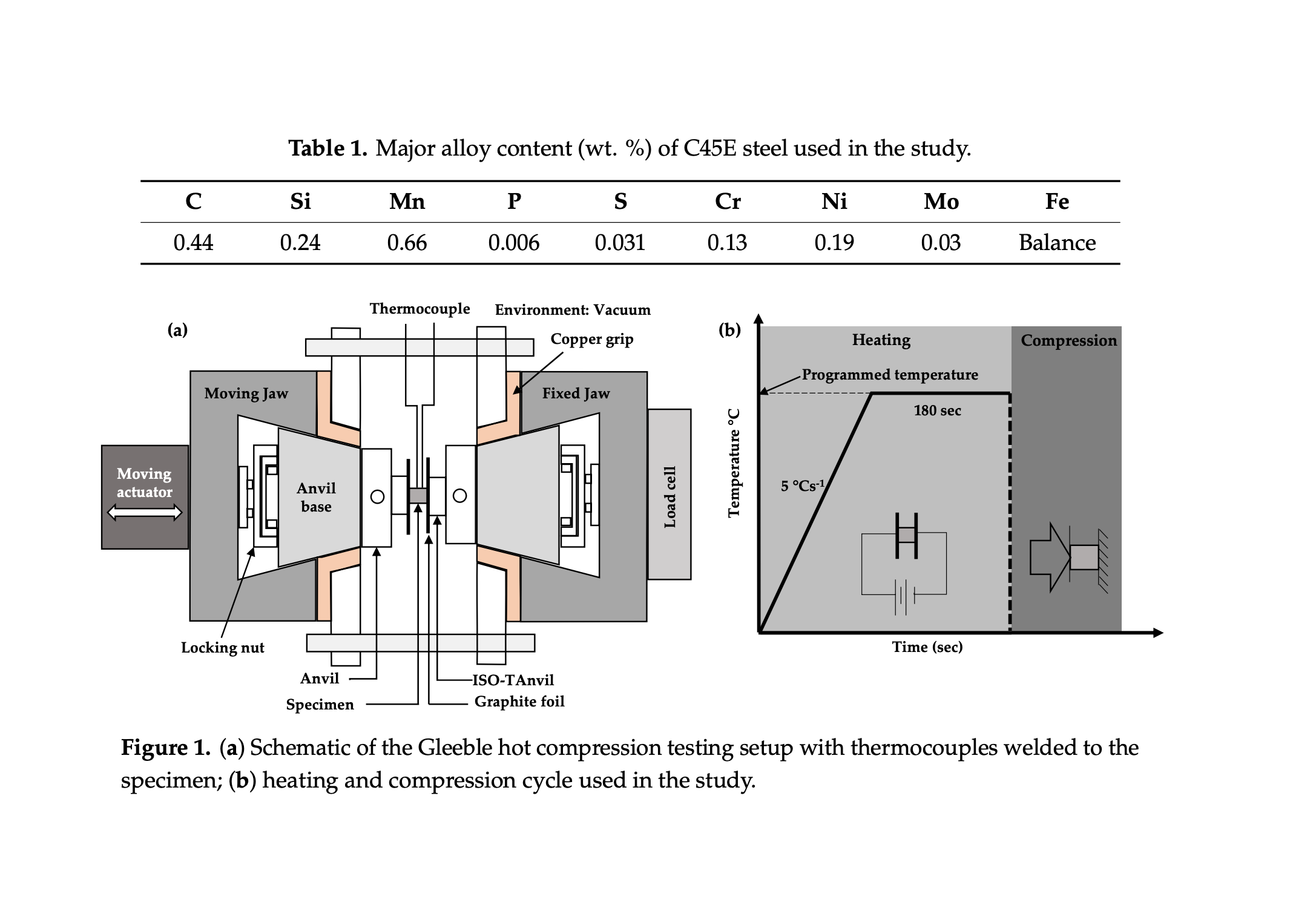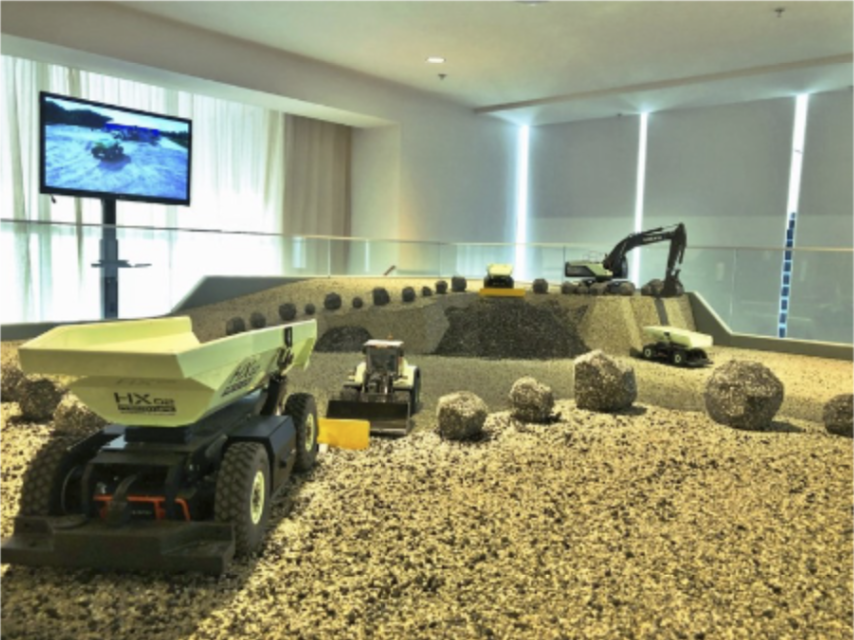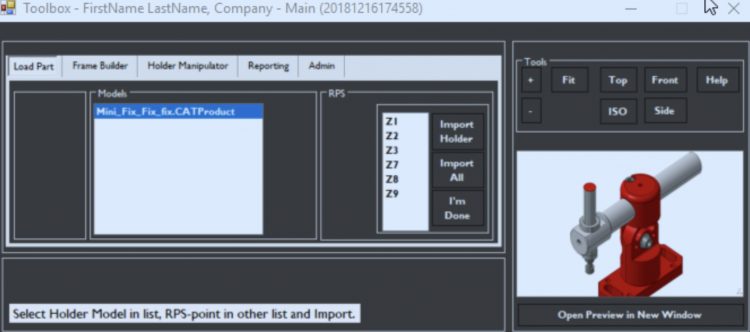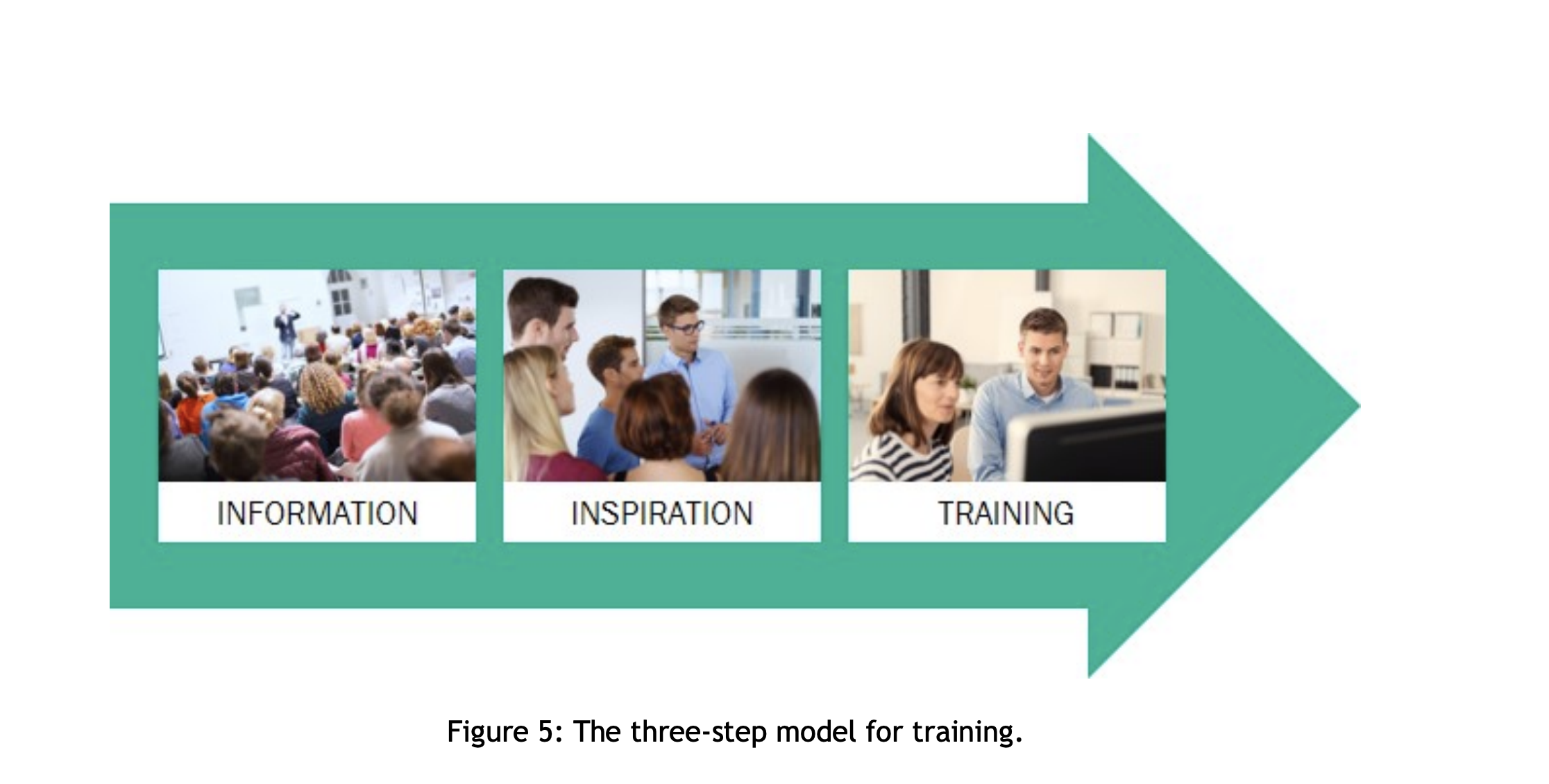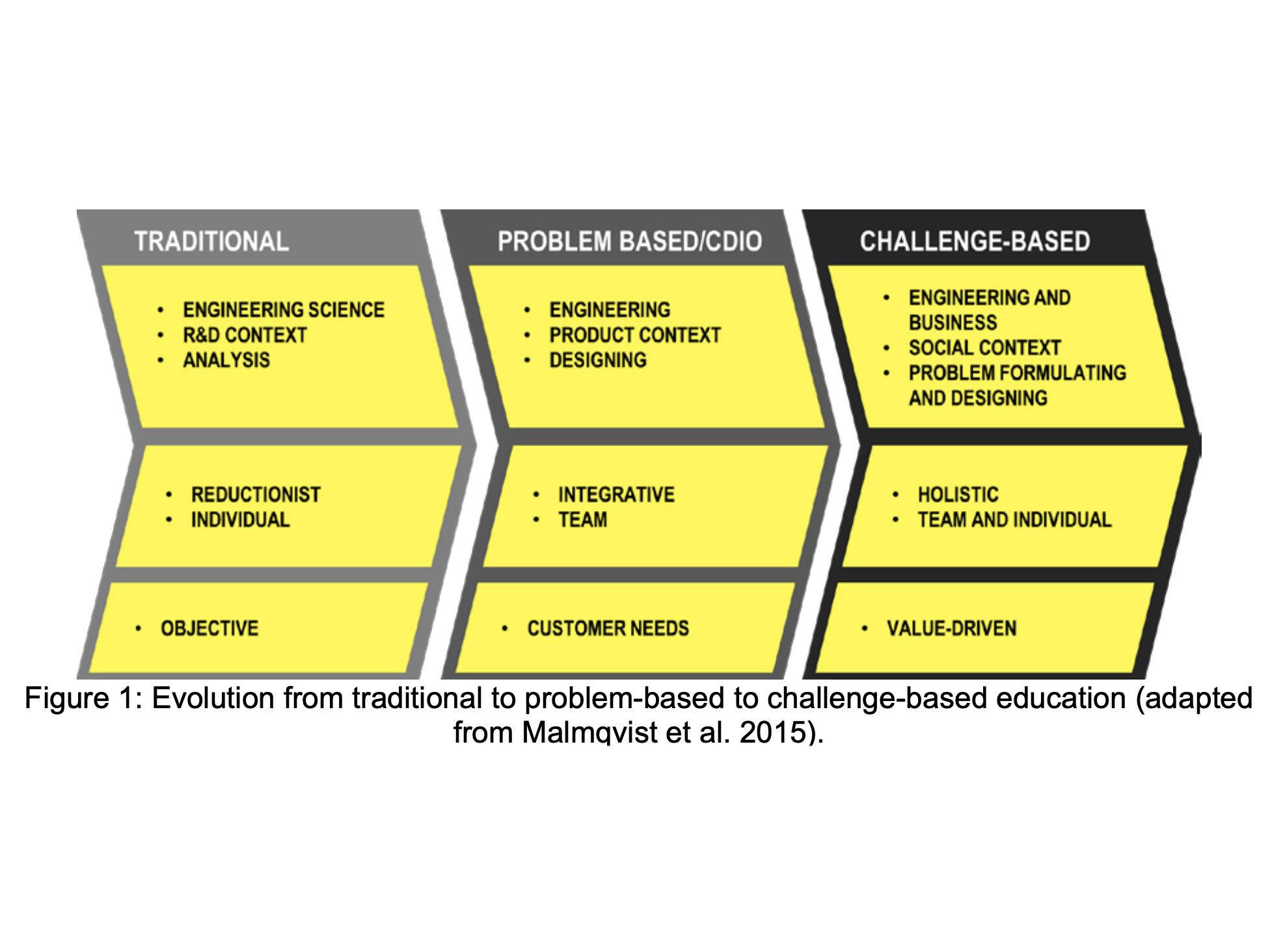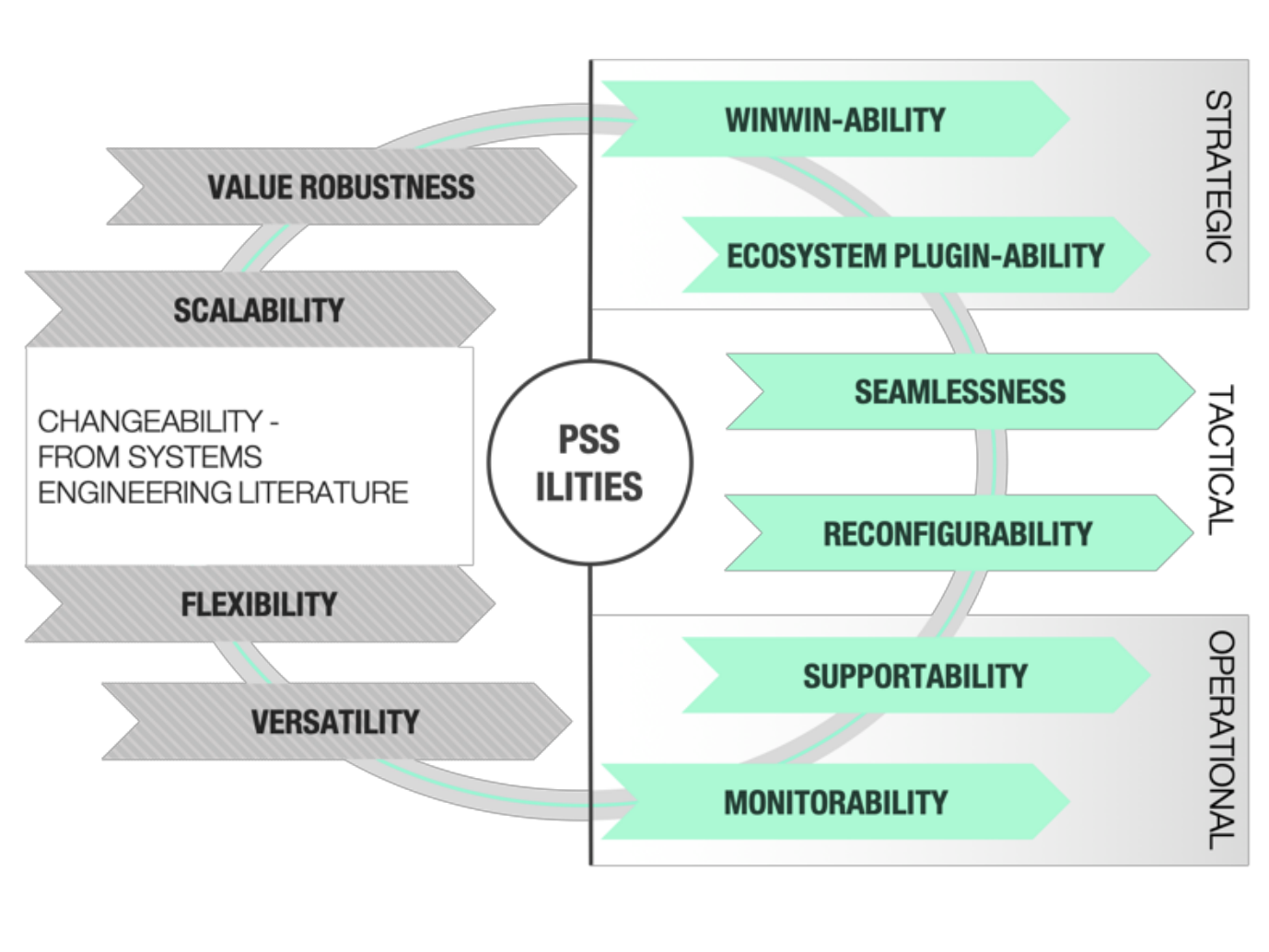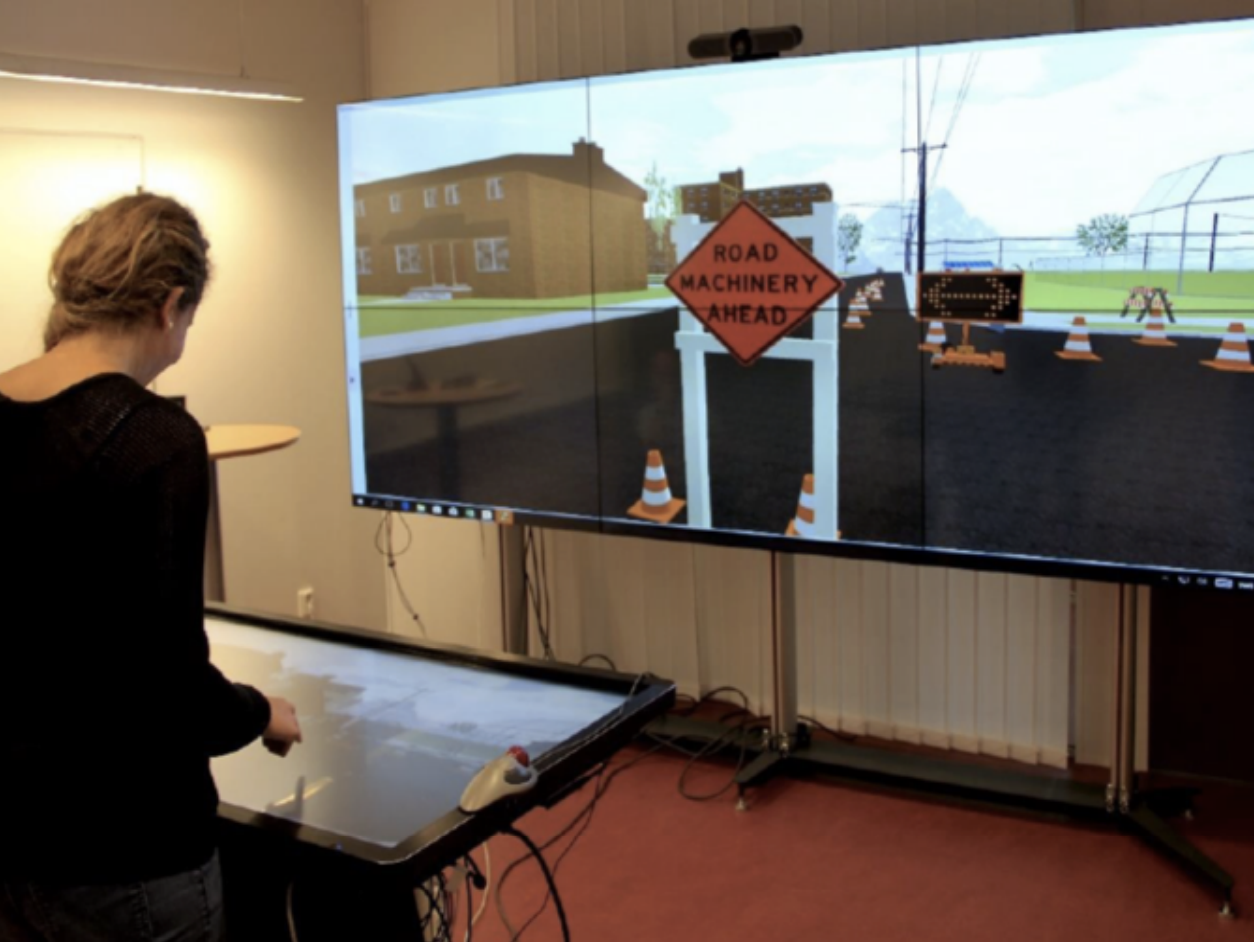Abstract This research explores problems occurring when practitioners use a research-based methodology regarding how to create high-performing innovation teams, namely the CIT-process, which has not been used by practitioners before. The CIT-process is recommended to be used prior to the ideation phase, which otherwise is considered to be the first phase in the innovation process. […]
Read More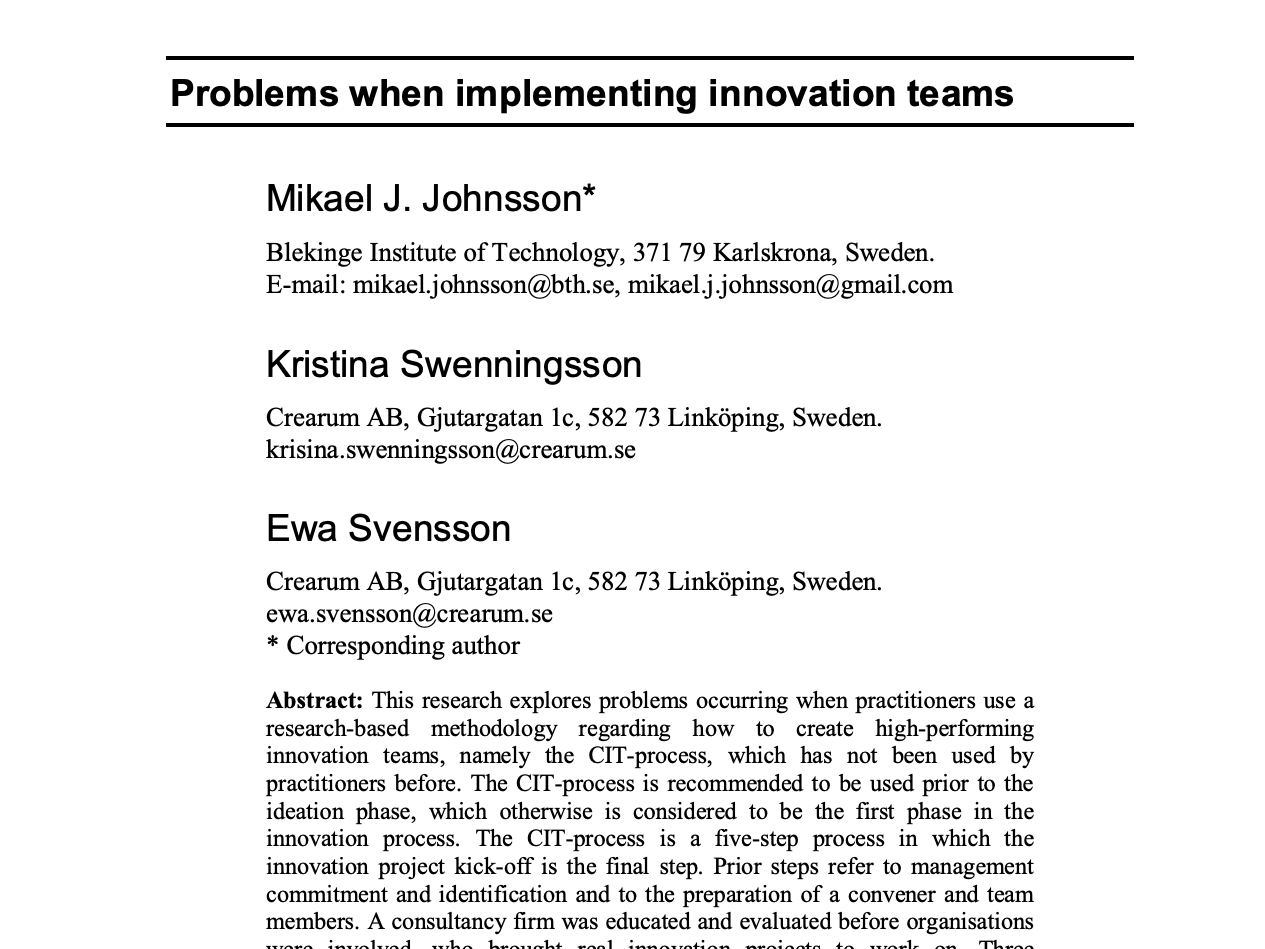
Problems when creating innovation teams
- 12th December 2019
- 1 Comment

